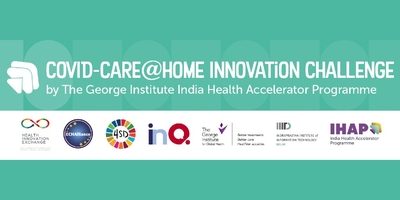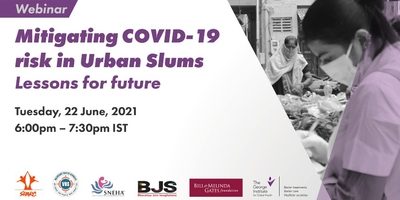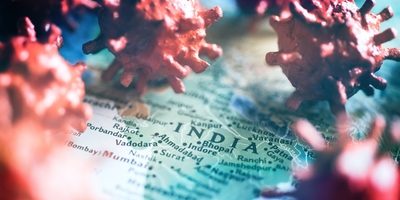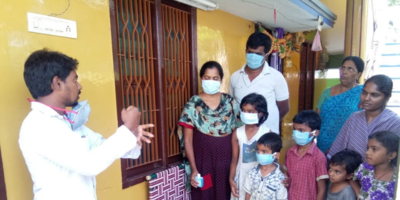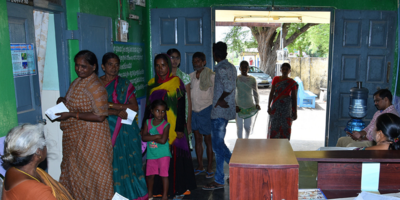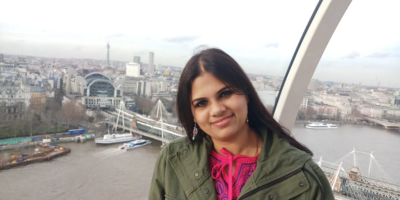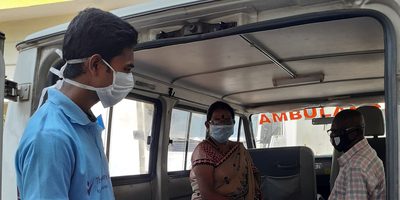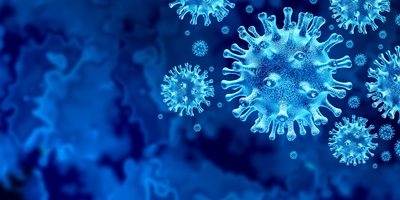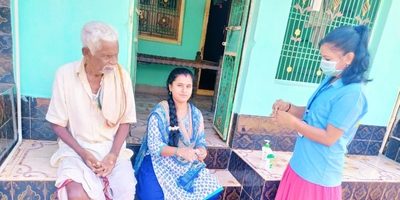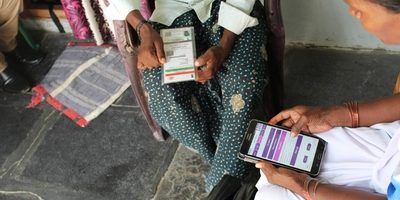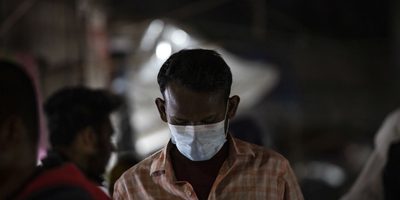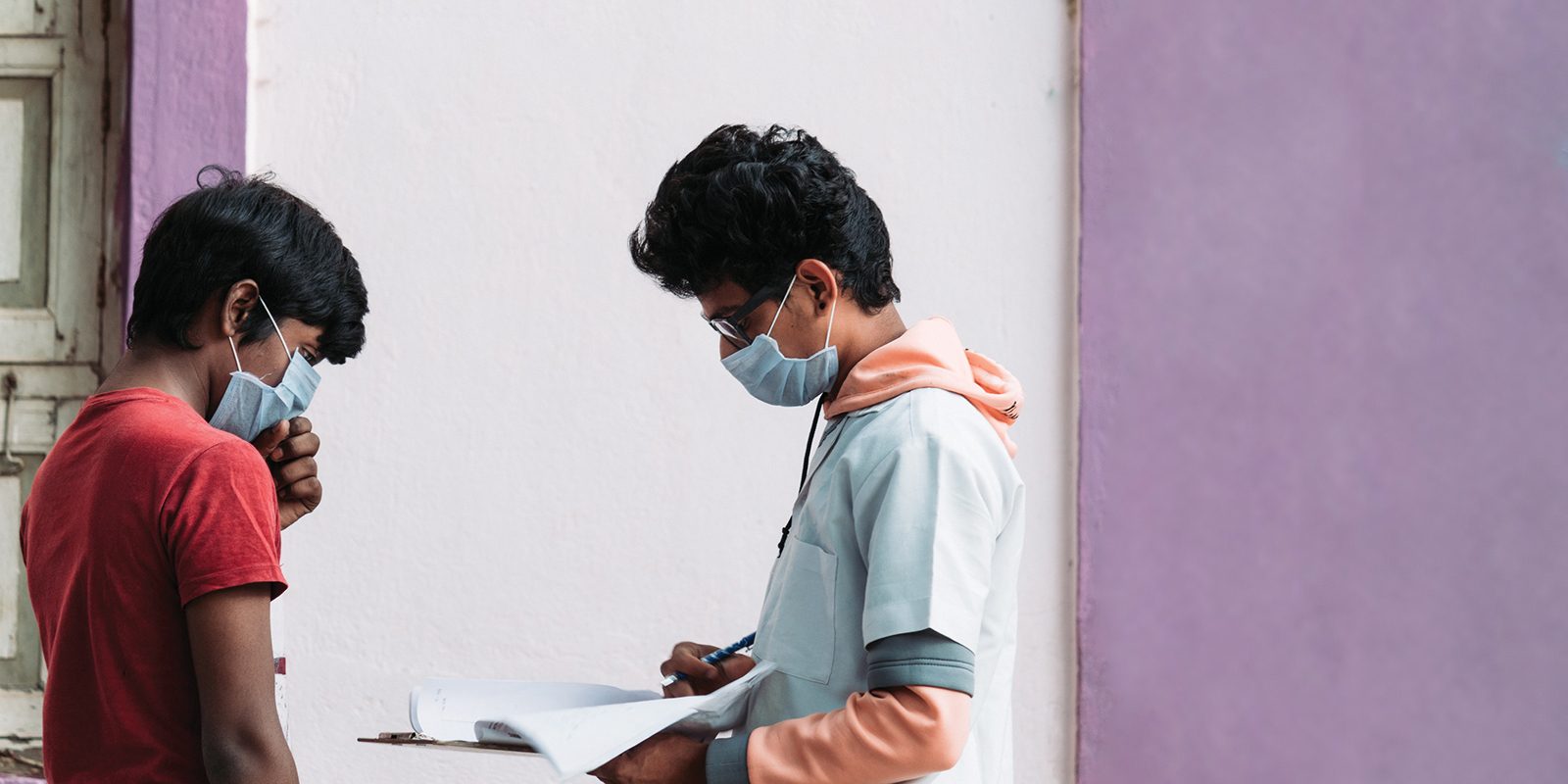
Lending a helping hand to fight COVID-19
NEW DELHI, March 26. The George Institute for Global Health is monitoring the evolving COVID-19 situation in India closely. Many of our researchers are contributing to national COVID-19 response by creating awareness among communities, especially on hand-washing and social distancing. We have extended this awareness drive to include collaborating partners.
Our researchers are working with the Central and State Governments and providing assistance and advice in mounting a comprehensive and a whole of society and whole of community approach to the pandemic. This has included providing advice on a more comprehensive approach to quarantining, sharing evidence on the vulnerability of patients with chronic diseases to COVID 19, for example kidney patients and those on dialysis.
We generated new evidence through rapid evidence synthesis on the role of frontline health workers and how they can be protected with adequate personal protective equipment and training and are providing technical advice to the Government to mount a COVID-19 innovation challenge.
Oommen John, a Senior Research Fellow with the George Institute is part of the organising team of the COVID-19 Ideathon being put together under the aegis of the Ministry of Human Resource Development and the Department of Biotechnology. “It is an honour to be invited to contribute to this 48-hour hackathon as an organiser and mentor,” says Oommen.
“Handwashing is a barricade on the express highway that infections travel on,” says Dr Balaji Gummidi, who is working a project entitled STOP CKDu in Srikakulam district of Andhra Pradesh. The frontline health workers working as part of this project team have spent the last several days creating awareness in the community on hand washing and social distancing.
The ARISE team, which is working with rag pickers, across four project sites in the country, has come up with an appeal to support waste pickers in this hour of crisis and fight COVID-19 together. “Waste pickers cannot work from home. They collect the city’s waste and protect our health. Please help protect theirs,” says Surekha Garimella, Senior Research Fellow, TGI and lead, ARISE project.
The appeal calls for segregating waste – organic, dry and sanitary – in three separate bags for better handling, donating soaps, gloves and hand sanitisers to them, letting them access common water taps in our buildings to wash their hands and contributing generously towards kits of dry rations (wheat, rice, lentils, pulses, oil, sugar, tea) as their family members lose work during the lock down.
In a paper entitled “The Novel Coronavirus 2019 epidemic and the Kidneys”, written by an expert group of nephrologists from around the world including China, all family members living with dialysis patients have been asked to follow the precautions and regulations given to patients to prevent person-to-person and within family transmission of the COVID-19, which include body temperature measurement, good personal hygiene, handwashing, and prompt reporting of potentially sick people.
A recent rapid evidence synthesis carried out by the Institute researchers, has found that the Frontline Healthcare Workers are at increased risk during COVID-19 even in the course of their normal activities and should be provided with personal protective equipment. communities. The Rapid Evidence Synthesis (RES) provides recommendations on how to be better prepared for COVID-19 and support development of resources for FLHWs.
While the immediate need is to address the respiratory infections due to the viral illness, an unaddressed need that may emerge in the near future is the psychological stress in the community and among health workers. Following the immediate crises, we would need systems in place to quickly assess and treat individuals over large areas and contexts, who need mental health care using technology enabled evidence-based solutions, which are easy to administer and monitor.
Findings from The George Institute India’s new study entitled “Technology enabled Systematic Medical Appraisal Referral and treatment (SMART) Mental Health services in rural India” corroborates the fact that technology-enabled mental health services can help mitigate the risks posed by the mental health fall-out of the corona scare.










